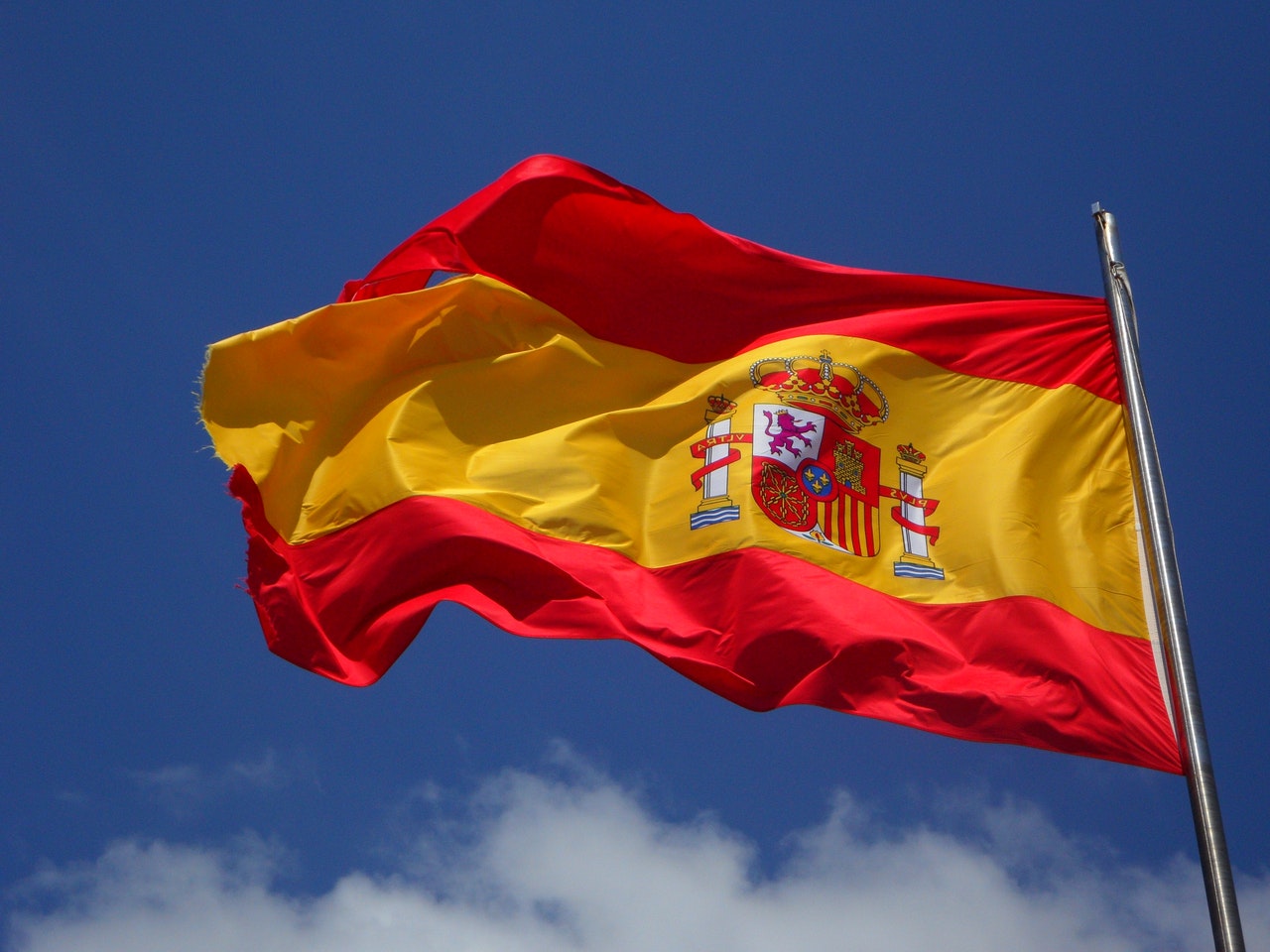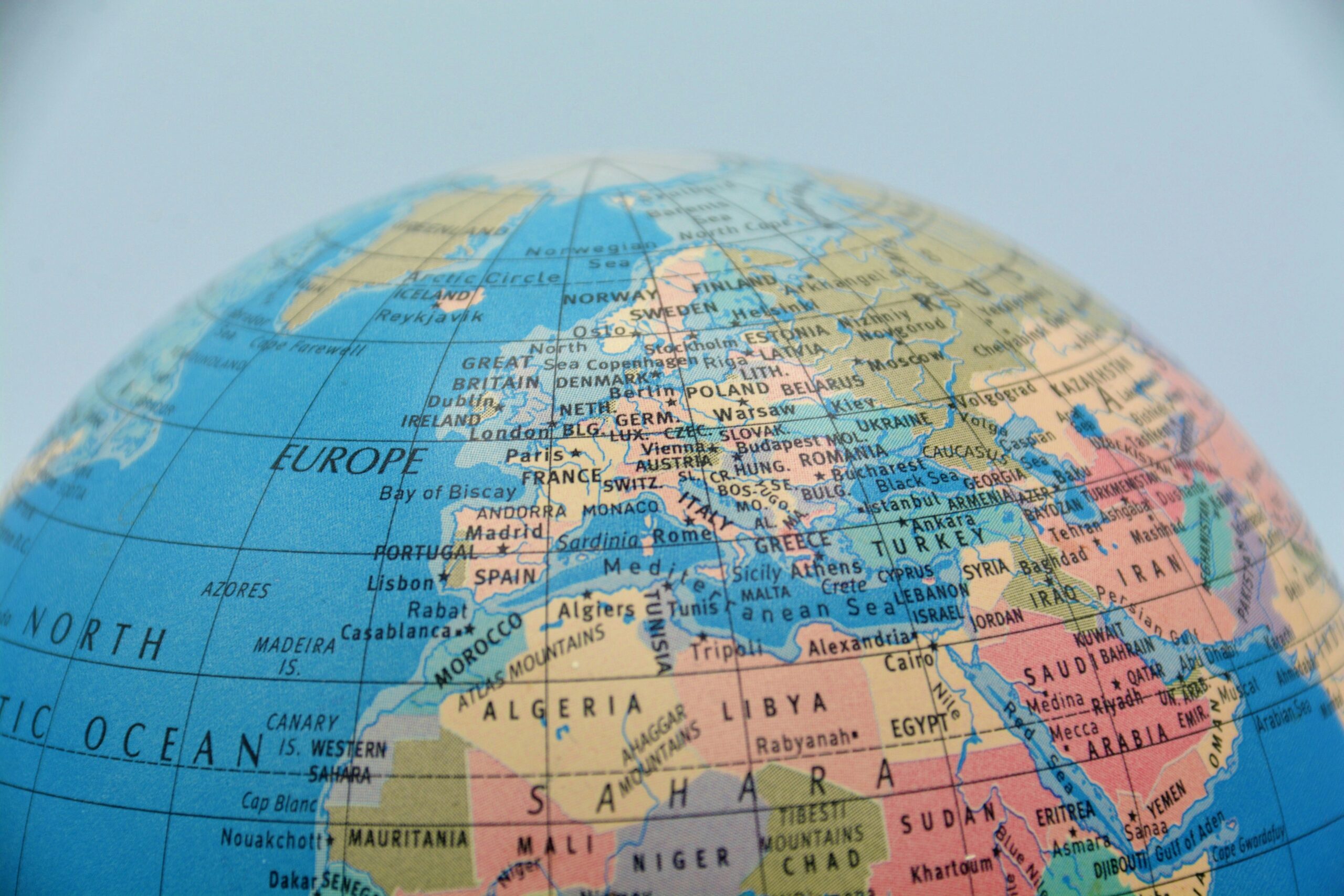Spain’s gross gaming revenue (GGR) during the first quarter of 2021 was €240.1 million, a distinct increase on the same figure the year before and on the quarter prior, the country’s gambling regulator has revealed.
According to data released by the Dirección General de Ordenación del Juego (DGOJ), Spain’s Q1 2021 GGR was 10.2 per cent higher than it was in the same quarter a year previously, and 3.8 per cent higher than it was in the quarter prior.
Precipitating this expansion was a rather dramatic swell in the number of active gaming accounts, which hit a total monthly average of 1.1 million, representing an increase of 22.7 per cent, year-on-year.
The number of new accounts registered monthly grew by 7.9 per cent, compared to the quarter prior, to reach 422,533.
Player deposits increased by 6.1 per cent compared to the quarter prior while withdrawals were up 6.4 per cent.
Sports betting brought the lion’s share of GGR in the quarter, though this was slightly down compared to the same quarter the year before, representing 45.6 per cent of GGC, compared to 50.4 per cent in Q1 2020.
This decrease was more than made up in the next biggest vertical, casino betting, which contributed 41.4 per cent of GGR during the quarter, up 28.3 per cent on the same period in 2020.
Poker followed, bringing in €25 million, up from 3.1 per cent from the same period in the previous year, while bingo brought in €3.6 million, a decrease of 2.3 per cent.
During the quarter, Spain had 80 licensed operators, of which 51 offered casino games, 44 offered sports betting, nine offered poker, three provided bingo games, and two prize draws.





